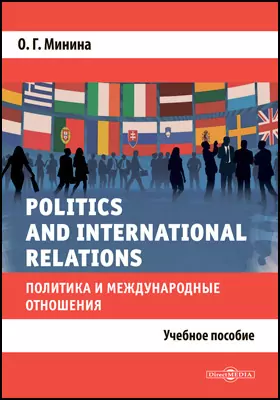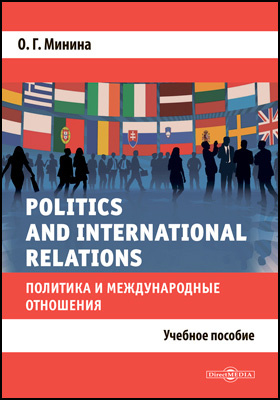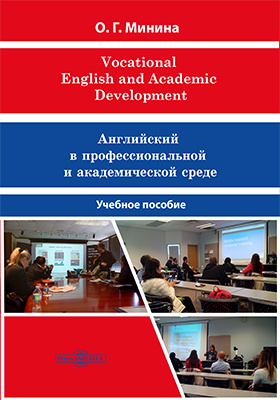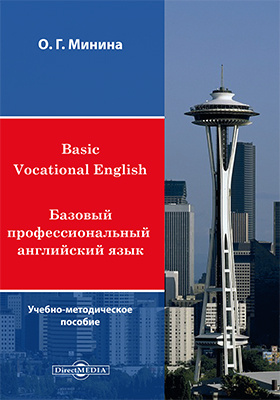Politics and International Relations = Политика и международные отношения
Место издания: Москва
ISBN: 978-5-4499-2812-2
Страниц: 172
Артикул: 92446
Возрастная маркировка: 16+
Краткая аннотация книги "Politics and International Relations"
Учебное пособие «Politics and International Relations» представляет собой курс профессионально ориентированного английского языка для бакалавриата по направлениям «Политология» и «Международные отношения». Пособие построено в соответствии с ФГОС третьего поколения и ориентировано на развитие языковых, коммуникативных и профессиональных компетенций студентов, а также развитие навыков критического мышления и публичных выступлений.
Содержание книги "Politics and International Relations"
От автора
Unit 1. Political science
Unit 2. Public speaking and professional communication
Unit 3. The world map. English speaking countries
Unit 4. State and government
Unit 5. What is international politics
Unit 6. Policy and diplomacy
Unit 7. International relations and organisations
Unit 8. Wars and military conflicts
Unit 9. Nationalism
Unit 10. Globalisation and informational society
Unit 11. Religion
Unit 12. Terrorism
Unit 13. Social problems
Unit 14. Human rights
Unit 15. Ecology
Unit 16. International trade
Legend
Все отзывы о книге Politics and International Relations
Отрывок из книги Politics and International Relations
Unit 5 What is international politics? Before you start reading, answer the questions: – What are the main forms of international politics?– What is the role of force in international politics?– What is the difference between domestic and internationalpolitics? Read and translate the text, write down and learn the new words. Text 1 World politics15 Over the centuries, there have been three basic forms of world politics. In a world imperial system one government is dominant over most of the world with which it has contact. The greatest example in the Western world was the Roman Empire. Spain in the sixteenth century and France in the late seventeenth century tried to gain similar supremacy, but they failed. In the nineteenth century, the British Empire spanned the globe, but even the British had to share the world with other strong states. Ancient world empires — the Sumerian, the Persian, the Chinese — were actually regional empires. They thought they ruled the world, but they were protected from conflict with other empires by the lack of communication. Their fights with barbarians on the peripheries of the empire were not the same as wars among roughly equal states. A second basic form of international politics is a feudal system, in which human loyalties and political obligations are not fixed primarily by territorial boundaries. Feudalism was common in the West after the collapse of the Roman Empire. An individual had obligations to a local lord, but might also owe duties to some distant noble or bishop as well as to the pope in Rome. Political obligations were determined in large extent by what happened to one’s superiors. If a ruler married, an area and its people 15 From: “Understanding international politics” by Josef S. Nye, Jr., Harvard University, 1993.
С книгой "Politics and International Relations" читают
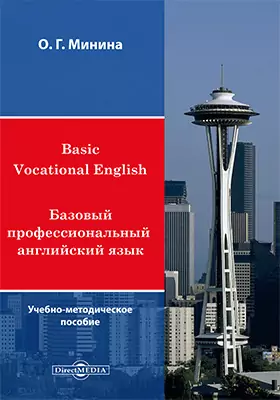
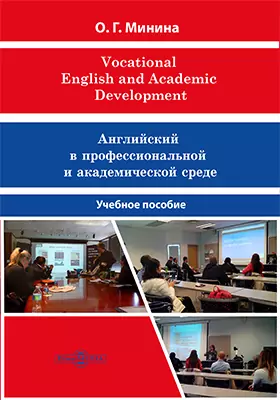
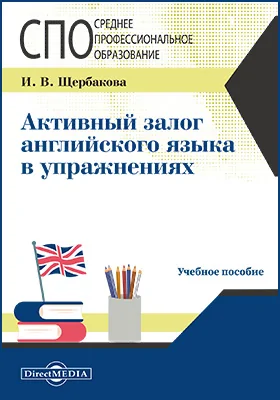
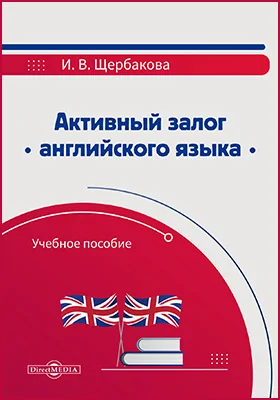
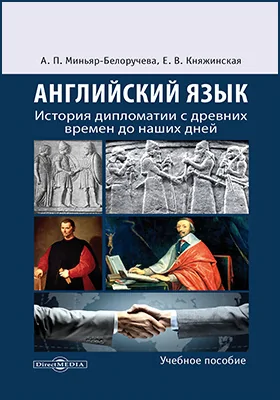
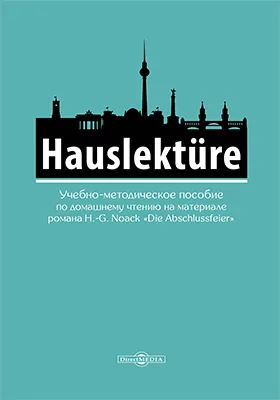
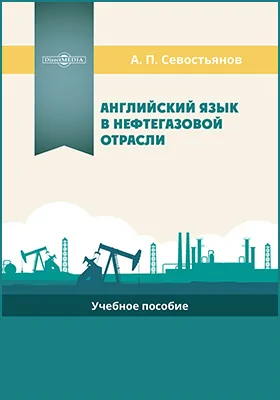
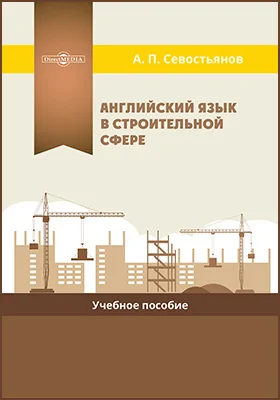
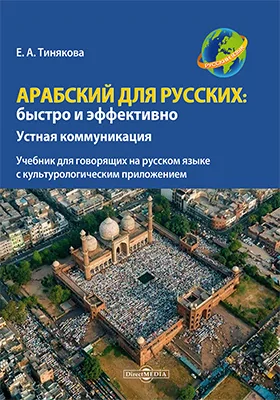
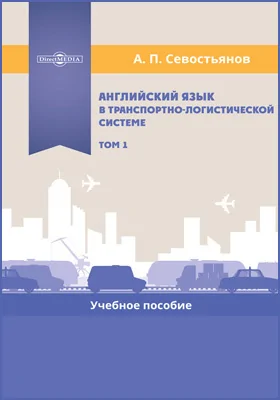
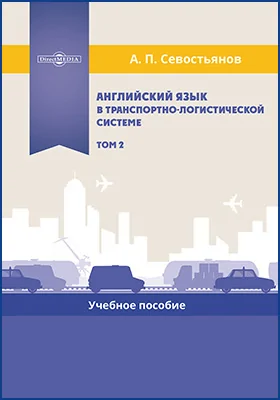
Бестселлеры нон-фикшн
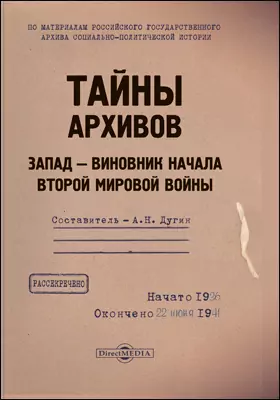
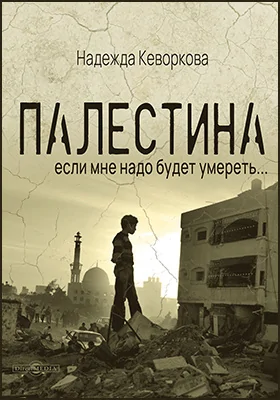
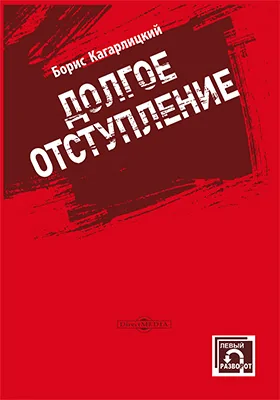
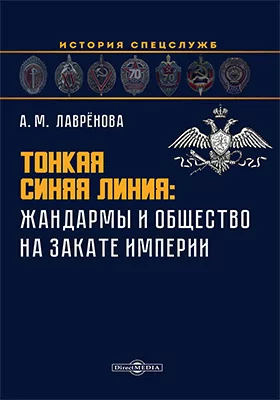
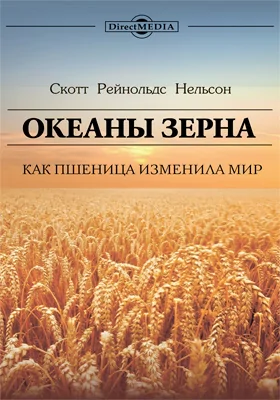
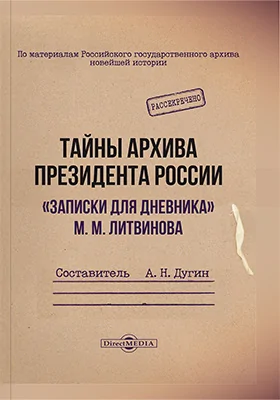
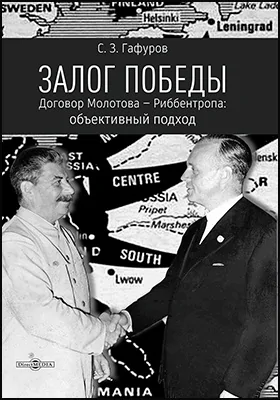
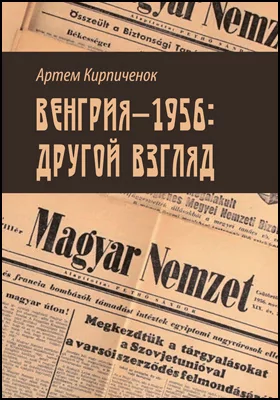
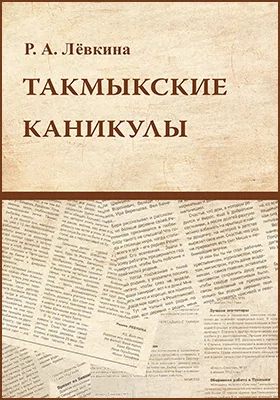
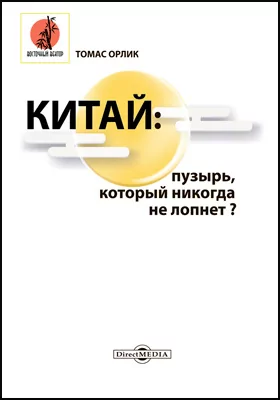
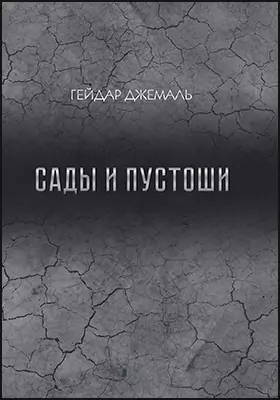
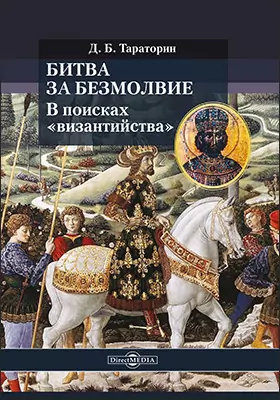
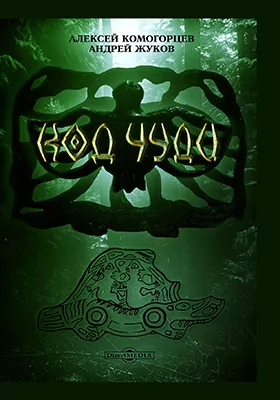
Новинки книги нон-фикшн

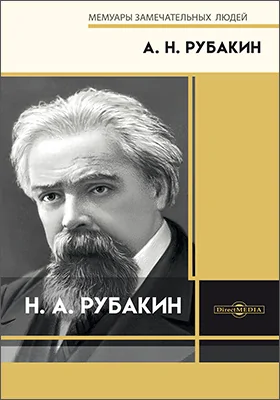
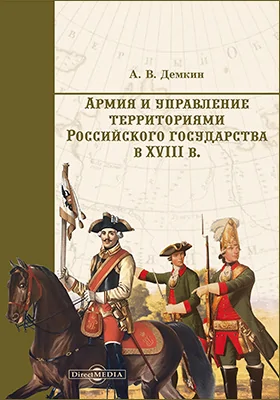
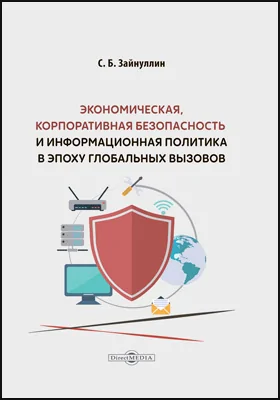
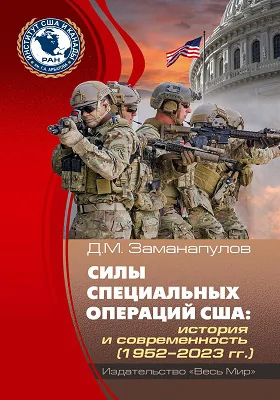
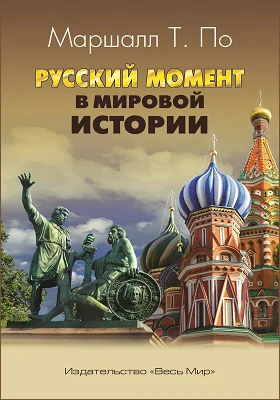
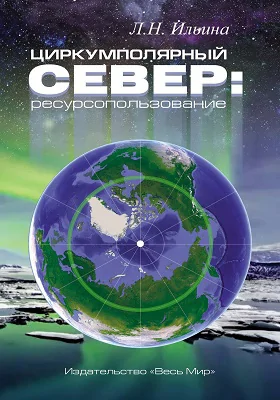
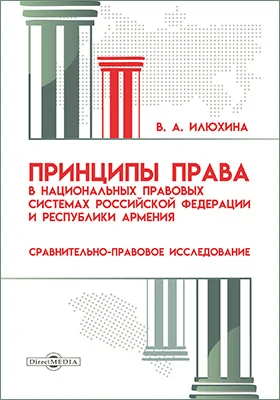
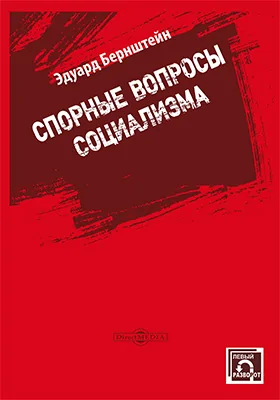
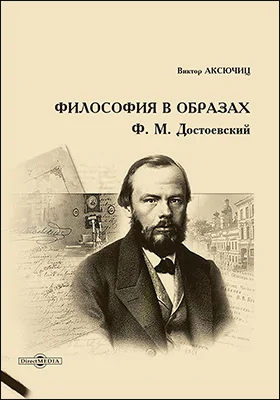
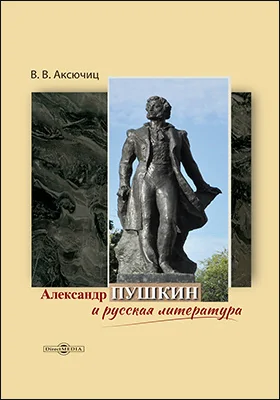
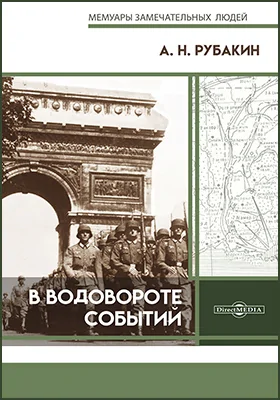
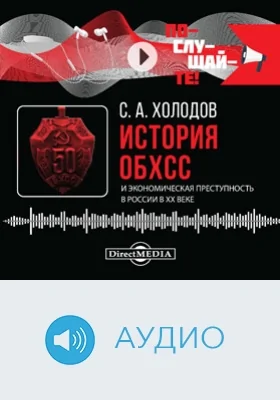
и мы свяжемся с вами в течение 15 минут
за оставленную заявку

